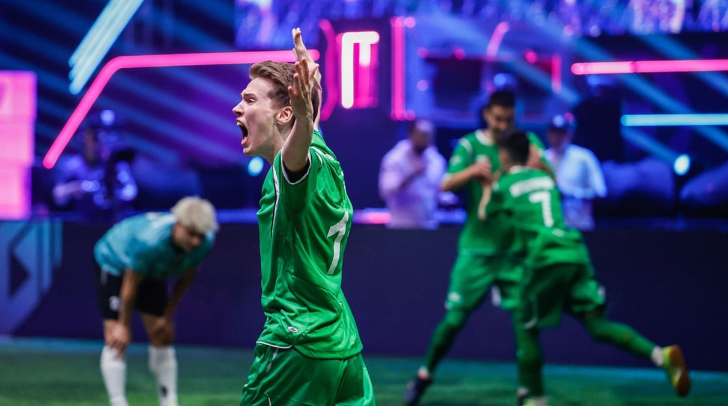The rise of phygital sports—a seamless blend of physical and virtual competition—is redefining fan engagement and audience expectations. Leagues like the Metaverse Gaming League (MGL) combine augmented reality, virtual reality, and wearable tech to merge traditional sporting disciplines with digital arenas. This hybrid model offers immersive experiences that let fans and athletes participate across both dimensions, bringing a fresh layer of excitement and accessibility to the global competitive landscape Wikipedia.
Experts in sports technology and entertainment foresee phygital leagues as not merely experimental but as strategic evolutions in the sports business. Leveraging VR’s immersive capabilities and AR’s real-time data overlays, these hybrid formats open new avenues for monetization—through interactive sponsorships, virtual ticketing, and branded digital content. They also appeal to younger, digitally native audiences craving more interactive and personalized experiences, thus showcasing both innovation and expertise in modern sports marketing.
Institutional and commercial trustworthiness is already growing around this trend. As phygital models gain traction, they’re drawing attention from both tech-forward investors and sports federations seeking to expand reach. Transparent integration of technology—combined with regulatory alignment and fan-centered design—enhances credibility and positions these leagues as legitimate successors to traditional sporting formats. Phygital sports herald a hybrid future where virtual and physical domains collide, offering scalable, inclusive, and immersive experiences that could reshape the entire business of sports.







Leave a Reply